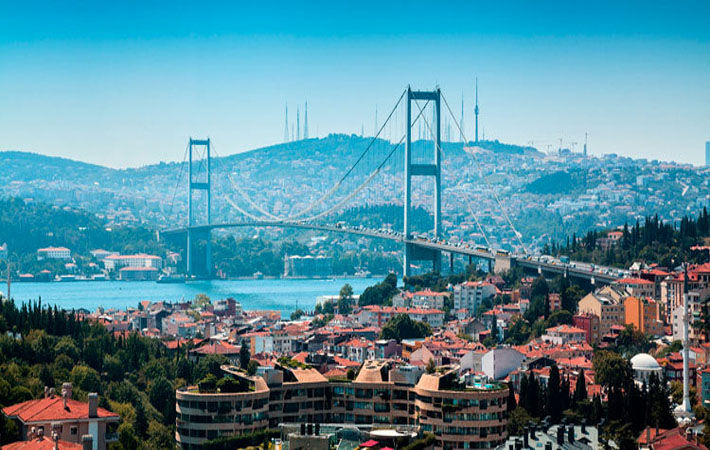
Apart from arranging its own financing, EBRD mobilised an almost record-level of €572 million from other sources in 2021, the bank said in a press release.
“While the COVID-19 pandemic is not subsiding and lira volatility is impacting the private sector’s ability to recover, the EBRD’s financing for the economy is more important than ever. In challenging times our focus is on safeguarding economic development gains and creating opportunities for Turkey’s green and inclusive economic recovery from the pandemic,” Arvid Tuerkner, EBRD managing director for Turkey, said.
He added that Turkey’s ratification of the Paris Agreement would pave the way for more green investment by the EBRD and other investors.
Last year, as more and more governments moved to decarbonise the automotive industry, the EBRD supported Turkey in becoming a European hub for commercial electric vehicle (EV) production.
The bank arranged a €650-million syndicated loan to Ford Otosan, a joint venture between US automaker Ford and Turkey’s Koc Holding, to finance the production of a range of next-generation, all-electric and plug-in hybrid variants of one-tonne commercial vehicles for the European market.
EBRD also extended a €150-million loan to Turkey’s leading household appliance manufacturer, Arçelik, to support a three-year environmentally sustainable investment programme. A tranche of the loan was structured in line with the Green Loan Principles of the Loan Market Association and is the first externally verified green loan to Turkish manufacturing.
The bank also invested in a green bond by Aydem Renewables and extended a loan to Borusan EnBW Enerji, a Turkish-German venture focused on renewables. With the EBRD’s help, Borusan is set to design and deploy one of the country’s first utility-scale battery storage units integrated into a renewable energy power plant.
A new EBRD loan was provided to utility company Enerjisa Enerji to finance a comprehensive investment plan for 2021-25. It includes the introduction of smart metering and smart grid systems, digitalisation of the network, improvements to the reliability of power supply, integration of renewables, and environmental, health and safety measures.
The bank also boosted financing for leasing companies to a record €87 million, which will be used for green technology investments by the private sector.
EBRD’s board of directors approved an innovative €500-million Green Economy Financing Facility, from which funds will be on-lent by financial institutions to firms investing in sustainability upgrades. The first investment under the framework will be made in the first quarter of 2022.
Sustainability was also the focus of the bank’s investments in the public sector. Its €150-million financing for the Ispartakule-Cerkezkoy railway line will help connect Turkey to the Trans-European Transport Network via Bulgaria and contribute to the reform of the railways, creating opportunities for the private sector. In addition, the expansion of the railway infrastructure will further support Turkey’s transition to a low-carbon economy.
The bank also financed the new Buca metro line in Izmir and the acquisition of modern and cleaner buses in Mersin. In Gaziantep, it provided a loan for the construction of five grid-connected solar photovoltaic plants to support the city’s ambition to power most of its municipal buildings with solar energy.
Fibre2Fashion News Desk (DS)